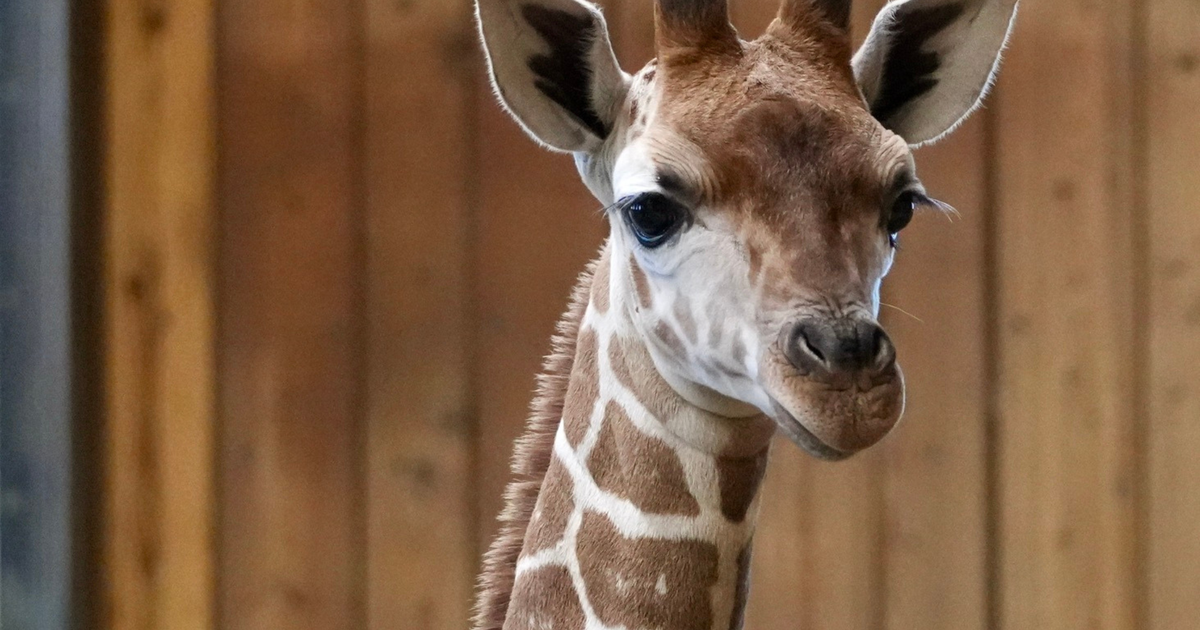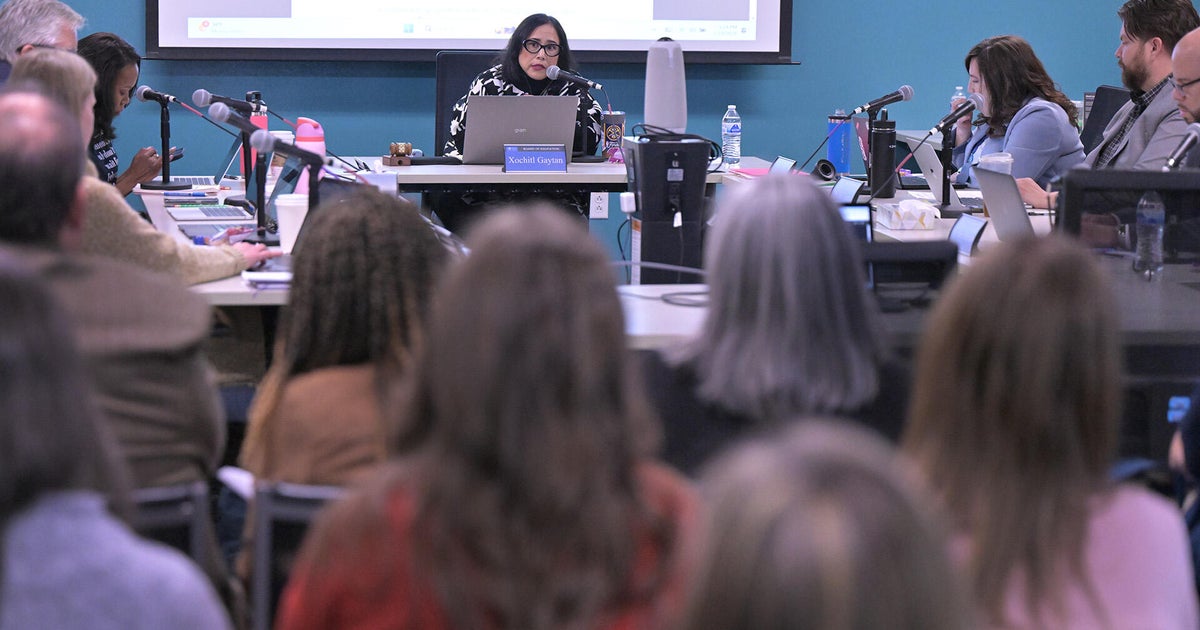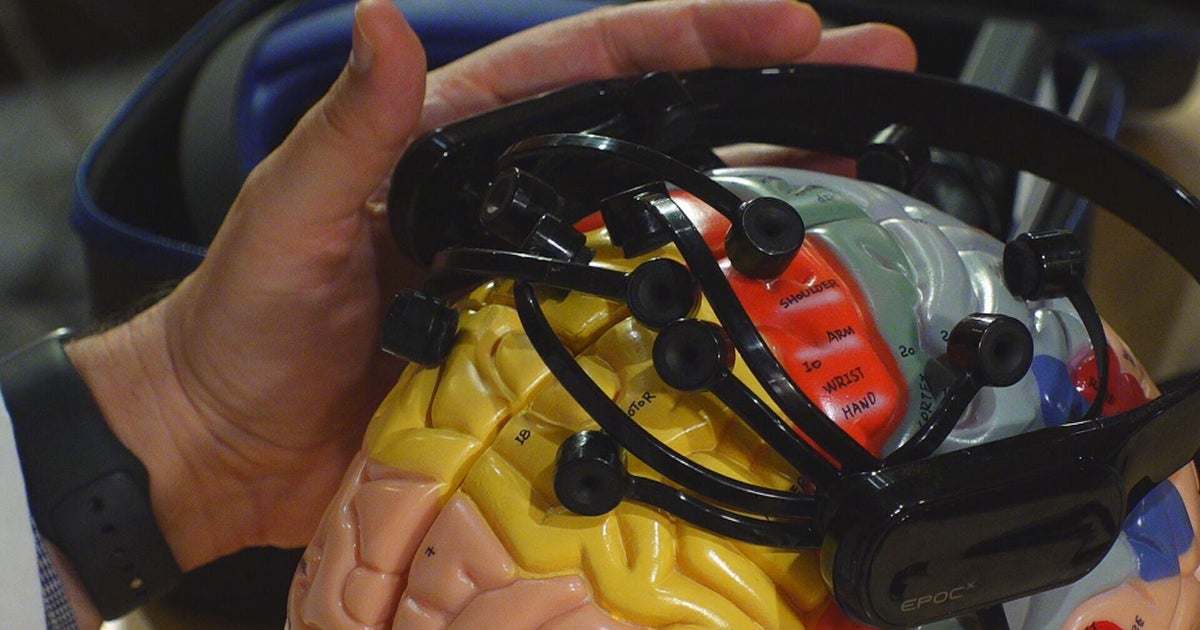Health Watch: Newborns Learn While They Sleep
NEW YORK (CBS) ―Newborns may look like they don't have a care in the world when they're sleeping but a new study proves they're actually hard at work learning.
The findings could help with the early diagnosis of developmental problems.
At just a day and a half old little Kurt has already convinced his parents that he's brilliant.
"You had your first EEG on the second day of your life," mother Yunglin Gazes said.
A new study conducted at the hospital where Kurt was born may confirm mom and dad's suspicions - that their baby is a genius.
"We are monitoring the brain waves as the baby is learning," said Dr. William Fifer of Columbia University at New York-Presbyterian Hospital.
The study is putting newborns to the test. It's the brainchild of Dr. Fifer, an expert in neurodevelopment. He's trying to determine how much newborns absorb from their surroundings - even though they sleep 90 percent of the time.
"We think this is important because, one, it's a reflection of what a baby's brain is doing, really how it works to begin to understand this new world and all the various changes that are going to happen every minute," Dr. Fifer said.
Here's what they do with the babies: first, the team hooks the infant up to a device called an EEG - which measures electrical activity in the brain. Then they place little speakers that play a tone next to the baby's ears. The tone is followed by a little puff of air from another machine, which causes the baby to wince. As the sequence is repeated Fifer says something amazing happens.
"Before you know it the baby starts blinking to the tone. That is the signal that is predicting this puff of air," Dr. Fifer said.
Essentially, the babies are learning the acts of anticipation and reaction, Fifer said. While this is going on the EEG clearly shows activity in the prefrontal cortex. Researchers say that means the baby is already using his or her memory.
"This is about those survival reflexes that have to be shaped in order to accommodate the ever-changing environment whether your aware or asleep," Dr. Fifer said.
If a newborn doesn't exhibit these learning skills Fifer says the results are even more telling.
"It could be part of a larger profile of a baby's abilities, particular brain abilities, that can be used for early diagnosis of later neurodevelopment disorders," Dr. Fifer said.
In other words, the test can predict disorders like dyslexia and autism.
"It's critical to make the diagnosis of autism or related conditions as early as possible because that allows you to intervene as early as possible," said Dr. Eric Hollander of Mt. Sinai Medical Center.
"If my son can help to answer that question that would be wonderful," Yunglin said.
Little Kurt's mom, Yunglin, said she couldn't be prouder of her new baby boy.
"Pretty amazing," she said.
This study is similar to another experiment done just last year which found coma patients are also capable of learning. Some experts say the research on infants shows us there may be more levels of consciousness than we understand.
If you're wondering about older children and adults, researchers say it's still unknown whether this quality is unique to infants.
(© MMX, CBS Broadcasting Inc. All Rights Reserved.)







